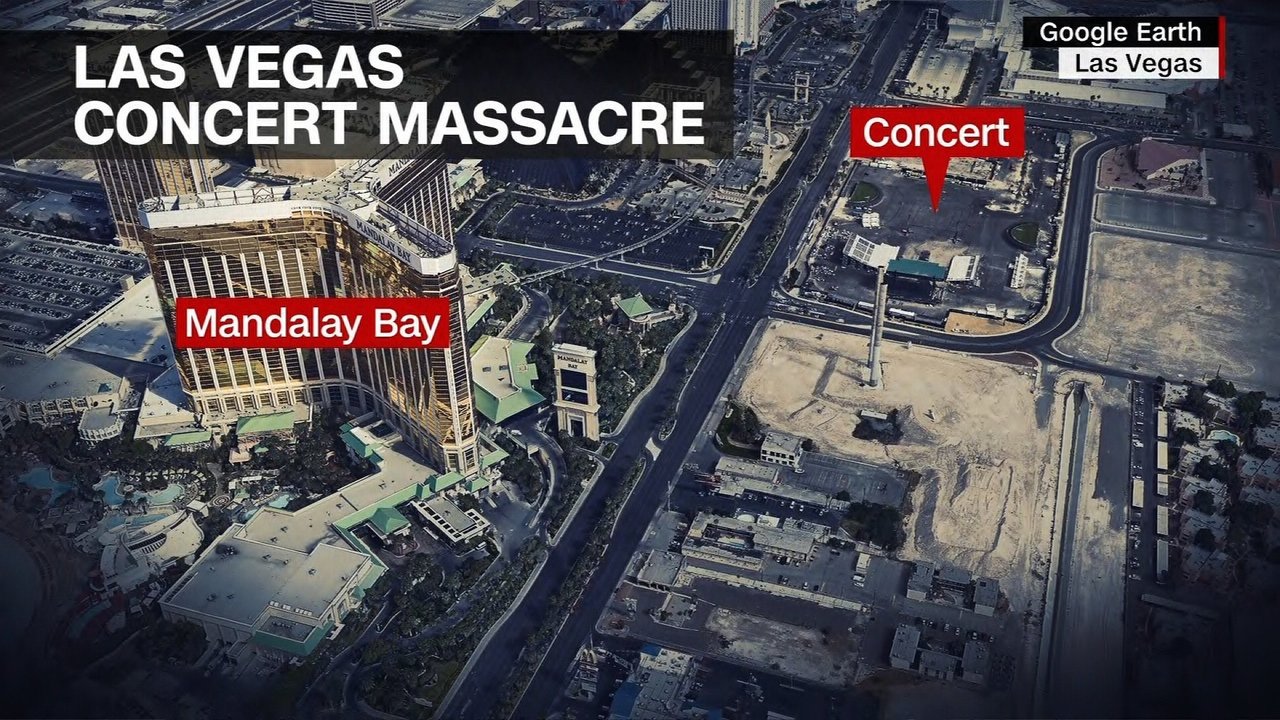October 1st saw the worst mass shooting in US history, leaving 59 dead and over 500 injured. Whilst shocking, these events are increasingly perceived as routine; the shooting in Vegas was just one of 1,516 that took place in the preceding 1,735 days.
Perhaps more alarming is the fact that gun sales have subsequently increased, a common trend following high-profile mass shootings. Shares in major gun companies have risen in the past week: Sturm Ruger were up 4% and Olin rose 6%, a record high. This paints just a small part of a larger picture in the States, where forty-two percent of people either own a gun themselves or live in a house with one. Fifty-five percent of people would prefer stricter gun measures, but this number has fallen from over seventy percent in the 1990s – astonishing considering the negative attention gun crime has drawn in recent years.

So why is it that Americans are so reluctant to reconsider their gun laws, and why do mass shootings, like the one in Vegas, provoke such a seemingly irrational response? Many advocates of guns point to the Second Amendment which declares the necessity of “a well-regulated Militia”, thus guaranteeing “the right of the people to keep and bear arms”. It is well-documented that many Americans view having a gun as their basic freedom.
Putting aside the fact that the most frequently used argument in favour of this actually specifies the need for arms to be well-regulated, this still fails to account for the fact that gun sales have risen.
Whilst there is no clear response as to why this would be, we can speculate that the answer lies with some of the reasons that have given way to Trump’s populism. With the rise of Trump, it is apparent that large swathes of Americans are extremely discontent with the metropolitan elite, who they see as being out-of-touch with their lives. In retaliation, they have voted in a President who they view as more closely embodying their values and perhaps more importantly, sympathising with their resentments, despite a lot of his controversial behaviour.
The rise in gun sales following a mass shooting can be viewed in a similar way. An automatic response to these shootings from the more left-wing media is to advocate stricter gun laws, or propose getting rid of guns altogether. Once again, many see that as so-called ‘liberals’ pushing their ideals onto the population at large and perhaps it is the angered reaction to this that prompts a rise in gun sales.

In Britain it is hard to relate to the idea that guns are a human right, and there is a tendency to mock Americans who cling firmly to that view. That being said, they make up a large contingent of American society and they, as well as others who wish to feel more protected against gun crime, need to be listened to. Gun crime is showing no signs of subsiding. Clearly there is a disconnect between various demographics in the US, and a new approach is necessary to work towards stopping these mass shootings.
Rachael Dillon
Image: [clickondetroit]

